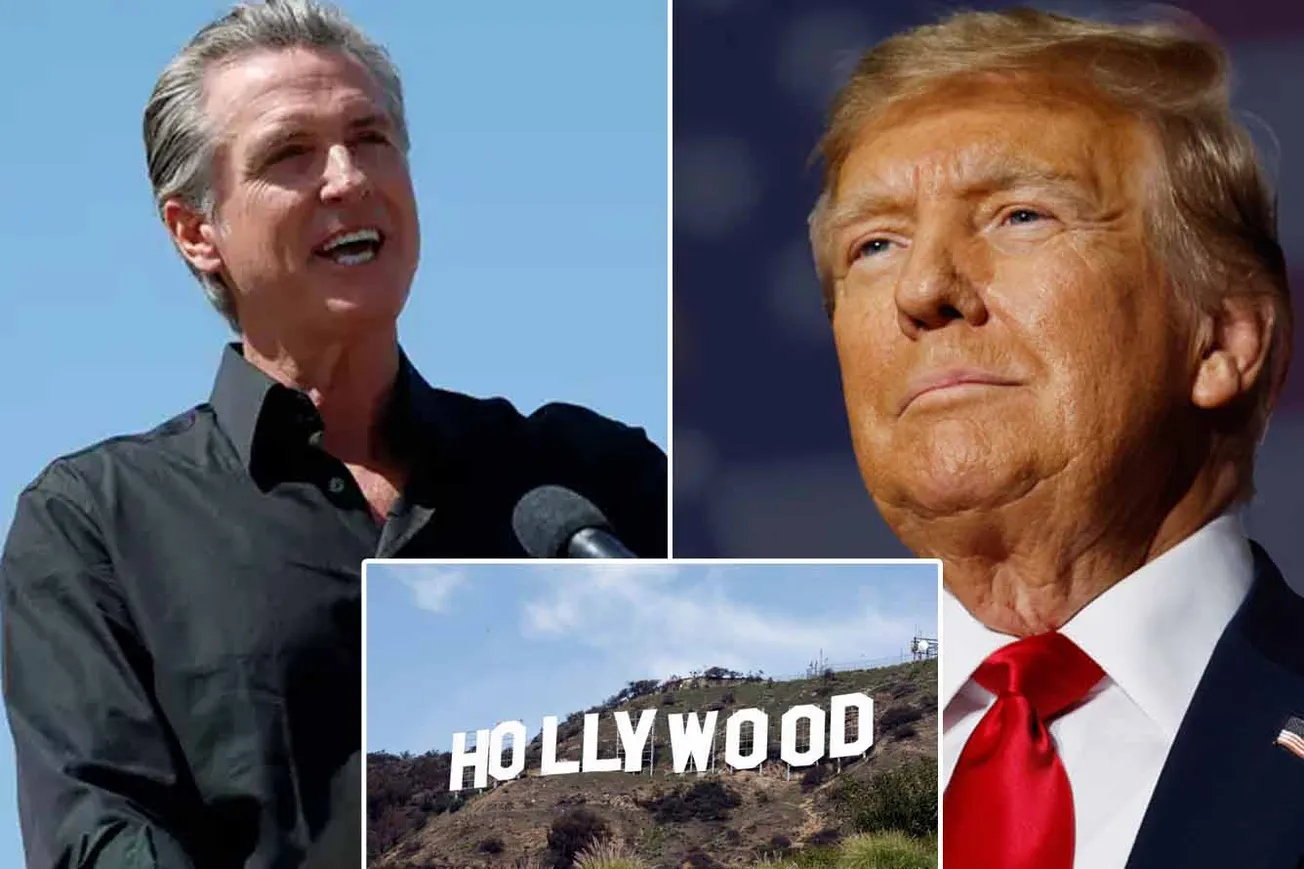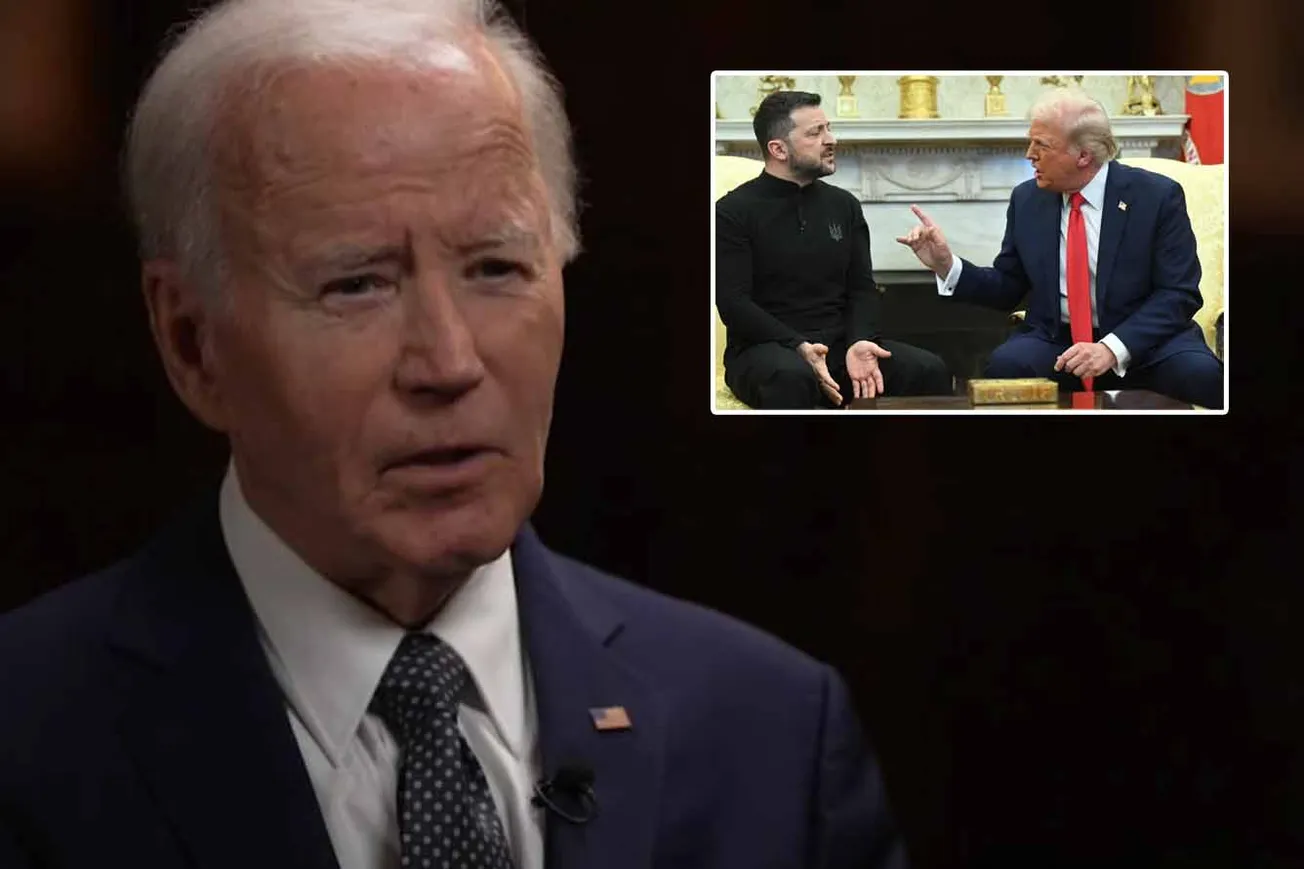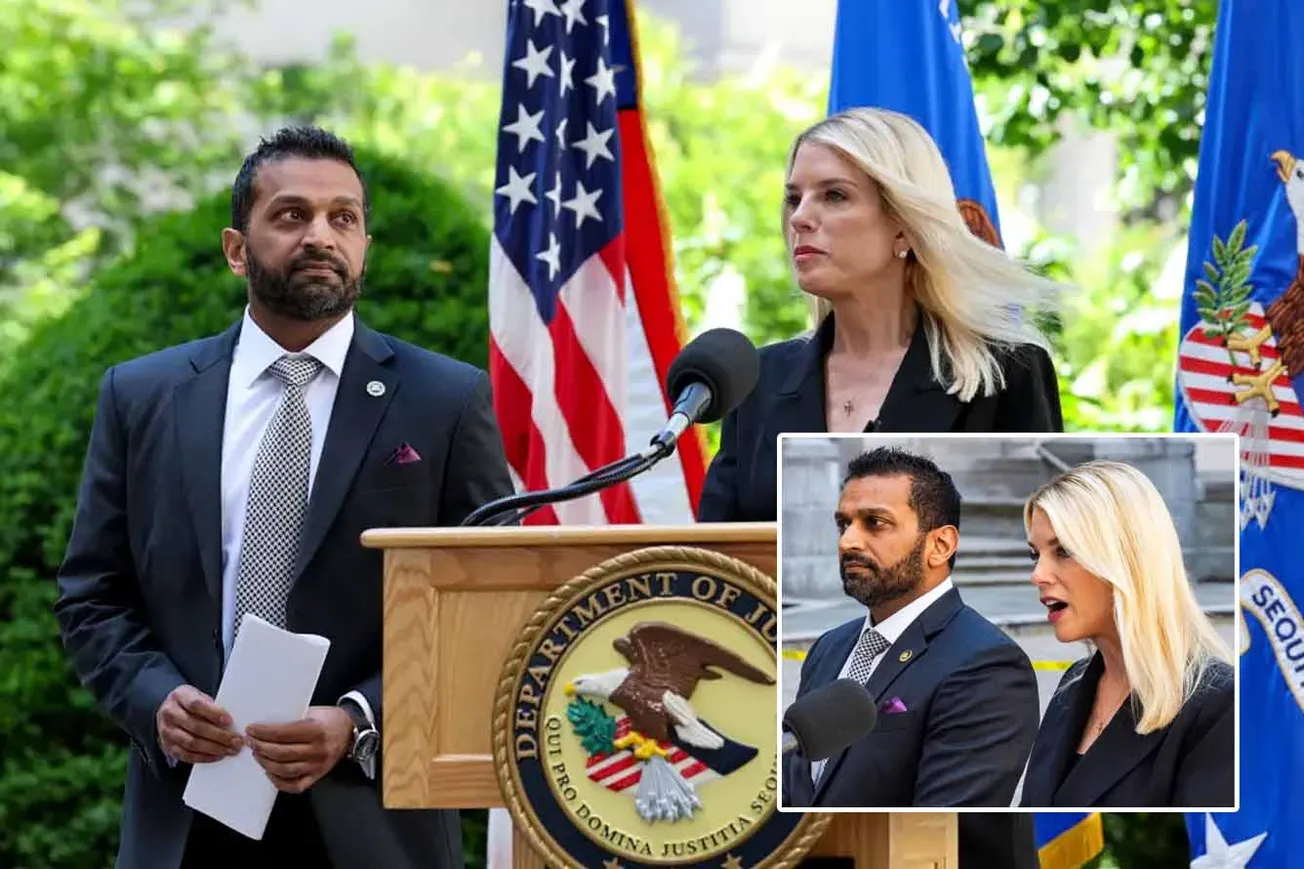Amid efforts to bring manufacturing back to the United States, purge the country of illegal aliens, secure the border, restructure the government for efficiency, and make Americans healthy again, President Donald Trump has launched a new effort: Make American Movies Again.
In a Sunday Truth Social post, Trump said the film industry is “DYING a very fast death. Other Countries are offering all sorts of incentives to draw our filmmakers and studios away from the United States. Hollywood, and many other areas within the U.S.A., are being devastated.”
“This is a concerted effort by other Nations and, therefore, a National Security threat. It is, in addition to everything else, messaging and propaganda!” he added, announcing that he has authorised the Department of Commerce and the Office of the U.S. Trade Representative to institute a 100% tariff on all foreign-produced movies entering the U.S..
“WE WANT MOVIES MADE IN AMERICA, AGAIN!” Trump concluded.
The announcement reportedly followed a meeting between the president and actor Jon Voight, whom Trump deemed a “special ambassador” to Hollywood alongside Sylvester Stallone and Mel Gibson.
California Gov. Gavin Newsom responded by floating the idea of collaborating with the Trump administration to create a $7.5 billion federal tax incentive to bolster movie production.
“America continues to be a film powerhouse, and California is all in to bring more production here,” Newsom said in a statement issued to Variety. “Building on our successful state program, we’re eager to partner with the Trump administration to further strengthen domestic production and Make America Film Again.”
The notion of incentivizing film production in the Golden State is noble and exciting, but years of hyper-regulation and governmental mismanagement have severely restricted filmmaking.
FilmLA reports shooting days in the greater Los Angeles area have dropped 22% since last year. The decline is so alarming that lawmakers have proposed the California Film and Television Jobs Act—Assembly Bill 1138 and Senate Bill 630, to overhaul the state’s tax credit system in a bid to keep productions afloat and employees paid.
Even if the legislation is successful — a big “if,” given the disastrous track record of California’s Democrat supermajority — California will still have to compete with the enticing tax incentives offered in other states and abroad.
“We are allowing California to become to the entertainment industry what Detroit has become to the auto industry,” Michael F. Miller Jr., a vice president at the International Alliance of Theatrical Stage Employees, told The New York Times.
“It’s cheaper to bring 100 American people to Ireland than to walk across the lot [at] Fox, past the sound stages and do it there,” actor Rob Lowe noted in March, referencing a production he was involved in, according to The Wrap.
“There are no tax credits, so like, all those other places are offering 40% — 40%. And then on top of that, there’s other stuff that they do,” he added. “And then, that’s not even talking about union stuff. It’s just tax, economics of it all, so it’s criminal what California and L.A. have let happen — it’s criminal. Everybody should be fired.”
There should be a focus on incentivizing domestic production of movies/shows. Rob Lowe and Adam Scott break it down really well. It was cheaper for Fox to fly 100 contestants to Ireland for The Floor than film on the lot in LA! Crazy stuff pic.twitter.com/5piKuu3ju8
— Garrett (@GRothstein1) May 5, 2025
Screenwriter and filmmaker Bret Easton Ellis detailed in a 2024 podcast that it was enormously more affordable to film an upcoming project in the Canary Islands than Los Angeles, where the film is set, due to a 50% tax credit.
“You’re getting a lot of bang for your buck by shooting your film in the Canary Islands,” he said in an Oct. 15 episode. “A lot of people are shooting stuff there — everyone from Apple to Netflix … because it is, you know, because it saves a lot of money.”
That’s right: it’s incredibly more affordable for Ellis, a Los Angeles resident, to travel nearly 6,000 miles and endure a taxing 20 hours of air travel to what he calls a “desolate” island off the coast of Spain than shoot in his own city.
Hollywood — a town once cherished for its glorious overflow of natural light and lush scenery — may be irrevocably broken. Indeed, this is what the Trump tariff strategy is getting at: overhauling systemic and longstanding manufacturing problems that have plagued the U.S. for far too long.
Will the tariffs on foreign films solve the compounding problems instated by California bureaucrats? Not overnight. However, Trump has made his mission clear: impose tariffs on countries that have been exploiting U.S. markets for decades in order to begin to climb out of the hole we’ve dug for ourselves.
The first step is admitting we have a problem, and no problem is more glaring than the steep decline of movie-making in Los Angeles.






![They Silenced the Experts: Dr. Drew Blows the Whistle on COVID Cover-Up [WATCH]](/content/images/size/w1304/format/webp/2025/05/covid-leftist-extremism.png)
Conversation